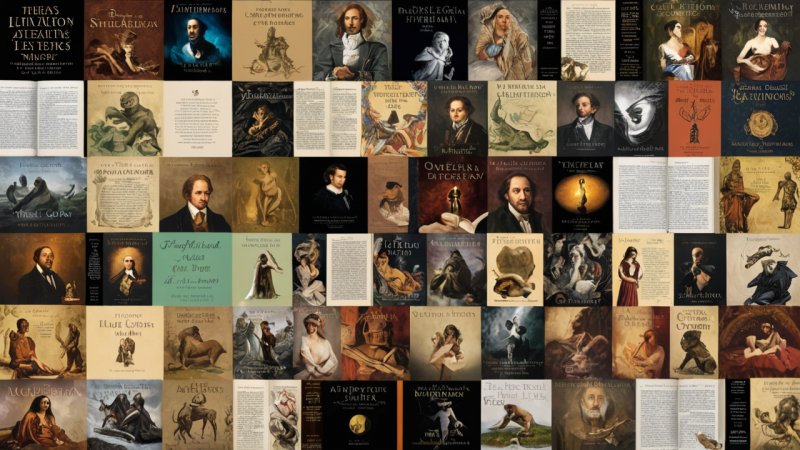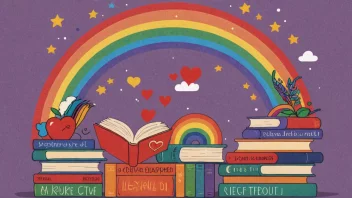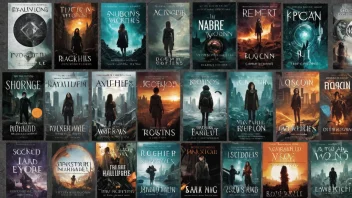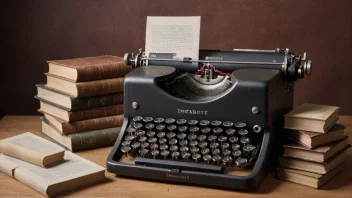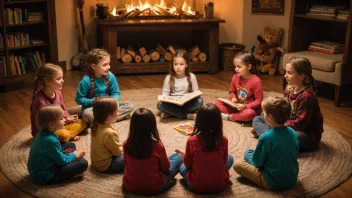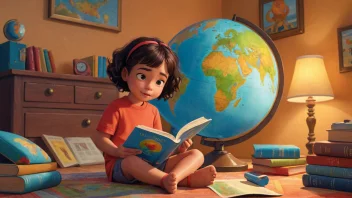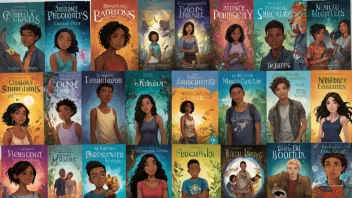Introduction
Classic literature has undergone a fascinating evolution, reflecting the changing norms, values, and aesthetics of each era. In this article, we will guide you through a step-by-step process to explore the evolution of classic literature, from ancient texts to modern interpretations. You will learn how to identify key literary movements, understand the historical context of classic works, and appreciate modern adaptations that keep these timeless stories relevant.
Step 1: Identify Key Literary Movements
To grasp the evolution of classic literature, it's essential to familiarize yourself with significant literary movements. Here are some key movements to explore:
- Classical Literature: Originating in ancient Greece and Rome, this era includes works by Homer and Virgil.
- Medieval Literature: Encompassing works like Dante's Divine Comedy and Chaucer's The Canterbury Tales.
- Renaissance Literature: Marked by Shakespeare and the flourishing of poetry and prose.
- Romanticism: Focused on emotion and nature, with authors like Wordsworth and Shelly.
- Modernism: Characterized by stream-of-consciousness and fragmentation, featuring authors like James Joyce and Virginia Woolf.
Step 2: Understand Historical Context
Each literary movement is rooted in its historical context. Understanding the socio-political and cultural factors that influenced writers can enhance your appreciation of their works. Follow these steps:
- Research the Era: Use online databases and libraries to find information on the historical events surrounding each literary movement.
- Explore Author Biographies: Read about the lives of key authors and how their experiences shaped their writing.
- Analyze Themes: Identify common themes and motifs in texts from each movement, and consider how they reflect the values of their time.
Step 3: Read Classic Works
To fully appreciate the evolution of classic literature, you must engage with the texts themselves. Here’s how to approach your reading:
- Start with Canonical Texts: Begin with widely recognized classics that represent each literary movement.
- Take Notes: As you read, jot down thoughts, themes, and questions to enhance your understanding.
- Join a Reading Group: Engage with others to discuss interpretations and insights on classic literature.
Step 4: Explore Modern Interpretations
Modern adaptations and retellings of classic literature can provide fresh perspectives. Here’s how to explore them:
- Identify Adaptations: Look for contemporary novels, films, and plays that reinterpret classic works.
- Compare Texts: Read the original classic and its modern adaptation side by side. Note differences in themes, character development, and narrative style.
- Reflect on Relevance: Consider how modern interpretations resonate with current societal issues and themes.
Step 5: Engage in Discussions
Discussing literature with others can deepen your understanding and appreciation. Here are some tips:
- Participate in Book Clubs: Join or create a book club focused on classic literature to share your insights and learn from others.
- Attend Literary Events: Participate in author readings, discussions, and literary festivals.
- Use Online Platforms: Engage in online forums or social media groups dedicated to classic literature.
Step 6: Write Your Reflections
Writing about your reading experiences can solidify your understanding and allow you to articulate your thoughts. Follow these steps:
- Create a Blog: Start a blog to share your insights and reviews of classic literature.
- Write Essays: Consider writing essays that analyze specific texts or themes in classic literature.
- Publish Reviews: Write reviews of modern adaptations or retellings that you have explored.
Conclusion
Exploring the evolution of classic literature is a rewarding journey that enhances your appreciation of timeless works. By identifying key literary movements, understanding their historical contexts, engaging with classic texts, exploring modern interpretations, participating in discussions, and writing your reflections, you will cultivate a deeper love for literature.
Remember, literature evolves, but its power to resonate with readers remains eternal. Happy reading!
